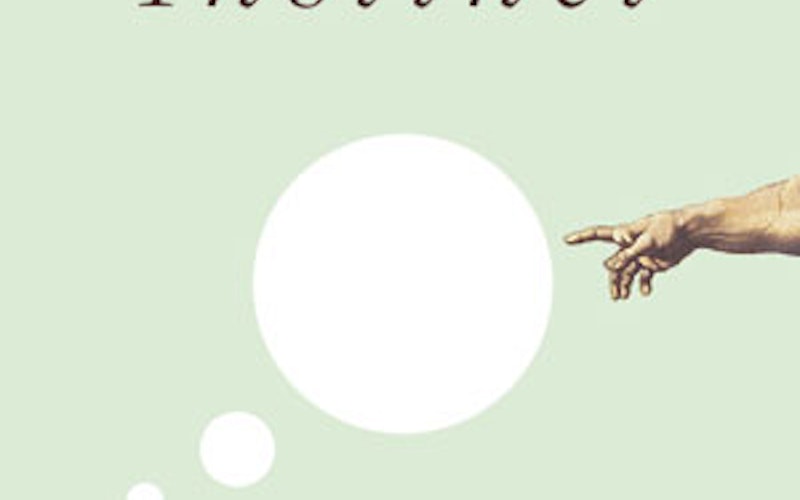
Culture At Large
The community instinct
While studying philosophy of language in grad school, I remember pondering the idea proposed by some philosophers that without language there would be no human thinking. We could still string together complex thought processes, but they would be instinct-driven rather than reflecting human culture.
Jessie Bering in "The Belief Instinct" is looking in a different place for clues about being human. He wants to understand how our beliefs in things like God arise from the way we think – even in the absence of social conditioning. What is a human being like when there are no other human beings to explain and model what it means to be human?
Usually, in such considerations, examples surface of the proverbial child raised by wolves, so-called feral children who have no external human influences. They construct whatever semblance of human culture they manifest through inner motivations and capacities. As Bering points out, the resulting self-assembled cosmologies typically include some sort of higher being. We can’t help but order our world in some way and seem driven to create a sense of order, however rudimentary, that in turn generates meaning through our place in that order. Language is a highly developed example of our ordering and meaning-creating drive.
I’m not interested here in making arguments for/against the existence of God based on Bering’s idea of the belief instinct. Identifying a human characteristic like the belief instinct could very well lead a theist to conclude that such an instinct is there because God put it there. Meanwhile, an atheist might conclude that a belief phenomena explains why we create notions of God in the first place. Stalemate.
What is interesting is the tension between nature and nurture that gets played out. What does the human mind do when left to itself in an environment free of other humans? What does our genetic coding – leading to actual physical structures and processes in our minds - provide and what is dependent on those around us? Given some aspects of what Bering talks about, it is clear that the individual as an individual is limited. There are a whole host of things that we would simply not have if left to ourselves. Our minds may have a propensity for belief leading to a deep urge to order the world around us, but the most developed and robust forms of that belief are sustained and transmitted via the people around us.
What we are physically carries certain characteristics forward but there is the very interesting intertwining and somewhat parallel process of social/cultural transmission. These are at play in the individual and have been explored via the well-travelled nature/nurture discussions, but the dynamic interaction is there also within the much bigger stream of cultural development and transmission. New tools that can analyze masses of data are changing how we see and understand the functioning of our brains. This analysis is also giving us insight into how broad social and cultural changes are happening. Many fascinating possibilities exist for deeper understanding of how these intricate dances are playing out. There is exciting and important research that still lies ahead.
Topics: Culture At Large, Science & Technology, Science, Arts & Leisure, Books, Theology & The Church, Faith, Other Religions